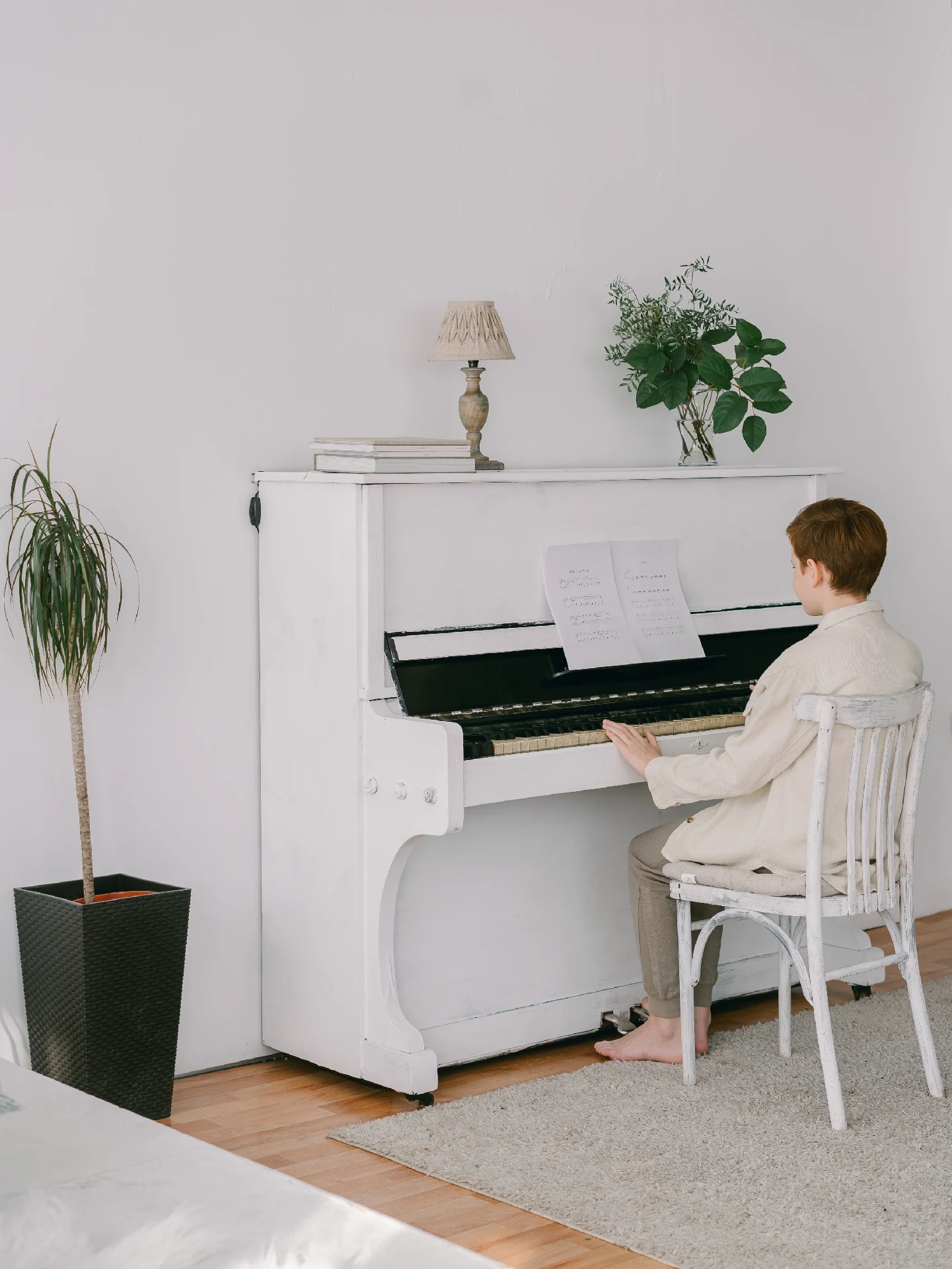Music makes us feel better and boosts our mood, and music therapy may help with some health conditions.
Is it possible for music to improve our health and quality of life?
Things are tough. The current political climate, war, the effects of global warming, the continued unfairness caused by systemic racism, and the ongoing physical and mental health problems caused by COVID are all making us feel less safe in the world and lowering our quality of life. We should all be able to find times when we can relax and take our minds off of the bad news we hear every day. For many people, music can help them make that change, even if it's a small one.
How can music change the way we live?
Recently, researchers looked at how music interventions affect the quality of life in terms of health and tried to answer the question of what is the best way to help people let go, relax, and heal. This recent systematic review and meta-analysis (a study of studies) showed that using music interventions (listening to music, singing, and music therapy) can make big changes in mental health and smaller changes in physical health-related quality of life. The researchers found that music has a positive effect on the psychological quality of life, but they didn't find a single best intervention or "dose" of music that works for everyone.
The many parts of music
As complex people who come from many different cultures and have different life experiences and mental and physical health needs, our relationship with music is very personal. Our relationship with music can be a very beautiful, vulnerable, and often complicated dance that changes from moment to moment based on our mood, preferences, social situation, and past experiences. There are times when music can have an immediate and clear effect on how we feel.
Listening to calming music as you get ready for bed
Singing can help you express your emotions, dancing to upbeat dance music can get you moving, and attending a live musical performance can help you make friends.
A board-certified music therapist can assist you in developing this connection to music and in determining the best course of action and dosage that may be beneficial to your health and aid in your recovery.
How can music be used to help people feel better?
Music therapy is a well-established field of health care that uses music interventions that have been shown to help people. Music therapy is done between a patient and (maybe) a board-certified music therapist who has completed an accredited undergraduate or graduate music therapy program, along with caregivers or family members.
Music therapists use both active (singing, exploring instruments, writing songs, moving, making digital music, etc.) and receptive (listening to music, guided imagery with music, making playlists, or talking about music and remembering good times) interventions and set goals to improve health and well-being.
Some of these goals could be to feel less anxious, change your mood, feel less pain during cancer treatment or other medical treatments, express yourself more, find motivation, and so on. A music therapist can help you find the best way to use music to achieve these kinds of goals and improve your quality of life in general.
Top tools for music therapy
This intervention has been looked at the most, and almost every scenario has been studied. You can do it on your own or with the help of music therapy. Live or recorded music can be played. Listening can be done with a clear goal in mind or the background. You can build up feelings to let them go. You can calm your mind with music. Or, you can use the "iso principle" to match music to your current energy or mood and then slowly change the feel, tempo, and complexity to help you change. Listening to music can help you relax or motivate you to work out, move around more, or do something you've been putting off.
Learning an Instrument or Playing One
Actively making music engages your whole brain. This gives people the best chance of being distracted, feeling less pain, learning, improving their fine and gross motor skills, and expressing themselves. Some instruments are made to make it easier for people to learn or express themselves freely.
Set up in a pentatonic scale, for example, a steel tongue drum has a beautiful, resonant sound, no "wrong notes," and is made so you can just play. If you want to use your mind a little, try learning to play the ukulele. There are a lot of great ukulele resources online, and it's easy to move the strings with one or two fingers. Using an instrument to make music can be fun and easy.
A board-certified music therapist can help you find the easiest and most likely-to-work way to express yourself through music. It takes time, patience, and practice to learn how to play an instrument well and read music.
Singing
This can be a great intervention if you have a good connection to your voice and/or a good music therapy relationship where the therapist can help you build your connection to your instrument. Singing is good for your lungs and can make you feel better when you sing lyrics that are true to you. Lastly, being surrounded by strong, tight harmonies brings people together and gives them power.
In conclusion,
Even though there is no one best intervention, magical song, or perfect genre that can make all the hard things in life easier, music can be a powerful tool for change.
Need some help finding the best music tools for you? Here are some places where you can learn more about music therapy and find licensed therapists.
The American Music Therapy Association
Certified Board of Music Therapists
American Psychological Association: Music as Medicine
Photo by Mikhail Nilov

